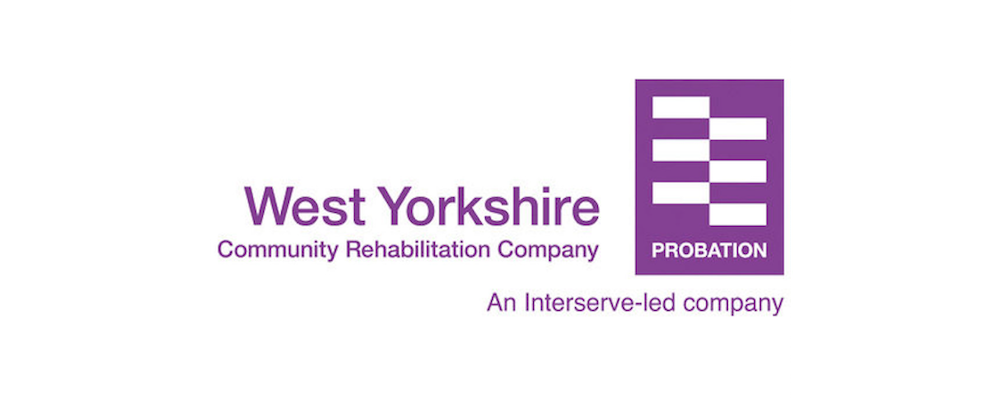
West Yorkshire Probation Service
Priming the probationers
Elizabeth Eyre discovers how leadership training is helping probation officers deal with change and cope with the stress of their work.
“We have a duty to the public to be the best we can possibly be. If a probation officer makes a mistake, it’s usually a pretty serious one and it ends up all over the front pages of the tabloids. We have to have good management to allow officers to protect the public; we’re trying very hard to deliver that.”
Ian Brandwood, HR director at the West Yorkshire Probation Service (WYPS), highlights an issue that many organisations – whether in the public sector or the private one – have to deal with: how to ensure a sufficiently high level of skill so that managers don’t actually prevent their teams doing their jobs properly.
A manager failing to make the leap from doing the job himself to successfully getting his team to do the job for him may not necessarily mean the difference between life and death in the private sector – more usually it’s the shareholders’ pockets that feel the effects – but it certainly can in the public sector, especially among the emergency services.
The probation service, for example, regularly makes the news, accused of failing in its duty to protect the public when dangerous convicted criminals re-offend after having been released back into the community. The organisation blames those failures – which it says are rare – on the fact that it is in a constant state of change. Home secretaries come and go and every one presents the probation service with a new set of expectations.
Growing prison populations, inadequate funding and the delayed implementation of a new computer system – as well as unrealistic expectations by the public – are also problems. In his annual report, published last month, chief inspector of probation Andrew Bridges warned that there was a danger that offenders could no longer be managed effectively because of the demands on probation officers.
Bridges said: “Our overall point here is… to highlight the contrast… between rising expectations and a squeezed capacity to meet them.
“There appears to be a growing assumption that an offender committing a further offence always constitutes a public service failure. Yet… supervision in the community is not prison in the community, and so an offender who is not locked up does have the opportunity to commit a further offence.”
He added that the costs of new work, requirements and infrastructure meant that funding, although it had risen above inflation, would not keep pace with increasing demands. This made offender management potentially “undeliverable”.
On a more local level, the West Yorkshire Probation Service (WYPS) has found that the constant change has induced ‘change fatigue’ among staff and has also encouraged transactional relationships between managers and their teams.
Staff members have recorded high levels of stress-related absenteeism, which adds even more to the problems facing colleagues who are coming in to work – they are obliged to pick up the extra workload, which adds to their own feelings of stress and overwork.
The service has also experienced an unusual issue – probation officers who are skilled at giving feedback to, and communicating with, clients have found it almost impossible to do the same with colleagues.
All of these issues prompted WYPS’s HR director, Ian Brandwood, and chief probation officer Sue Hall, to look to management evaluation and leadership development training for a solution.
They asked Masterclass, a UK-based management training consultancy that specialises in working with the public sector, to develop a programme that would provide managers with the tools and skills to enable them to be more proactive in times of ongoing and frequent change.




